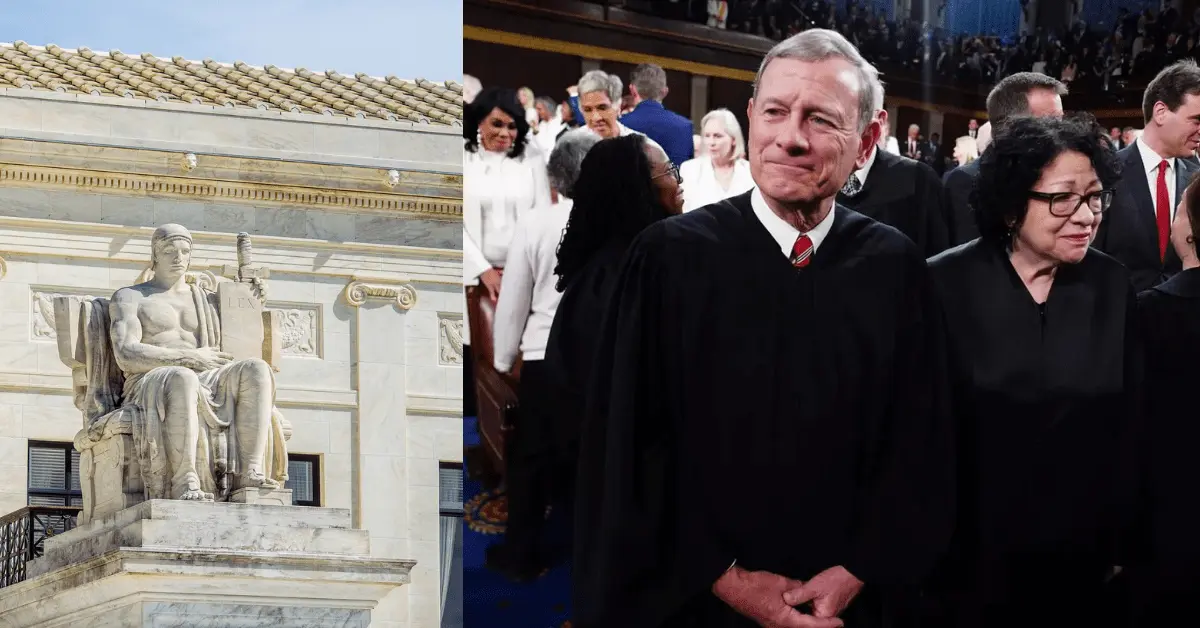Physical Address
304 North Cardinal St.
Dorchester Center, MA 02124
Physical Address
304 North Cardinal St.
Dorchester Center, MA 02124


On Friday, June 28th, the Supreme Court issued a landmark decision that significantly limits federal agencies’ authority to interpret ambiguous laws. In a 6-3 vote, the court overturned the 1984 Chevron v. Natural Resources Defense Council precedent, also known as the Chevron doctrine. This doctrine previously required courts to defer to agencies’ reasonable interpretations of statutes when Congress had not directly addressed the issue.
Key Points:
Background:
The court’s decision directly impacts this case and will have broader implications for how federal agencies operate and how courts review their actions.
Looking Ahead:
This ruling is a major victory for those seeking to rein in the administrative state and marks a significant shift in the balance of power between federal agencies and the judiciary. The full impact of this decision will unfold over time as it reshapes the legal landscape and influences regulatory processes across various domains.
As a member of the Senate Judiciary Committee, Klobuchar has been a staunch advocate for the Chevron doctrine. Her scrutiny extended to questioning Supreme Court nominees on their stance towards Chevron, including Justices Gorsuch, Kavanaugh, and Barrett. Notably, Klobuchar withheld support for Gorsuch’s confirmation due in part to his expressed reservations about Chevron.
Gorsuch’s Position
During his confirmation hearing, Justice Neil Gorsuch acknowledged concerns with Chevron, citing issues of due process and separation of powers. He raised questions about agencies’ expansive authority under Chevron, suggesting a need for judicial oversight to prevent arbitrary rule changes affecting individuals like Mr. Gutierrez.
Kavanaugh’s View
Justice Brett Kavanaugh defended Chevron’s utility, noting its alignment with administrative law principles and cautioning against excessive judicial interference in agency decisions. He emphasized the doctrine’s role in maintaining consistency and predictability in regulatory interpretations.
Barrett’s Confirmation
Justice Amy Coney Barrett affirmed Chevron as settled law during her confirmation process, emphasizing the doctrine’s precedent and the principle of stare decisis. Her stance echoed broader judicial sentiments about the stability and reliance interests associated with longstanding legal doctrines.
Future Implications
The Supreme Court’s decision to overturn Chevron has sparked debates over the future of administrative law and judicial deference to agency expertise. Critics argue it could lead to increased legal uncertainty and politicization of regulatory decisions, while proponents suggest it may restore balance in interpreting ambiguous statutes.